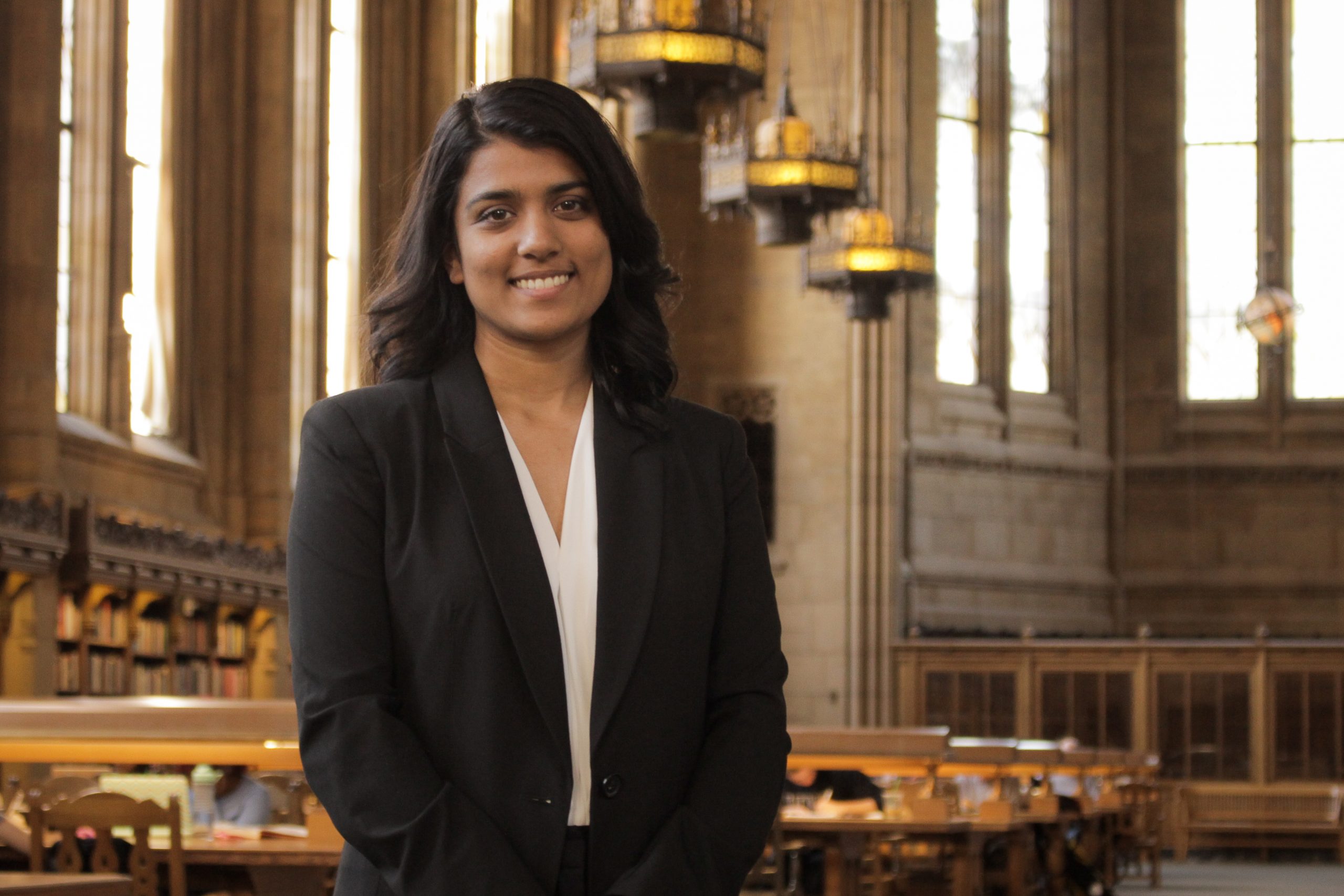
Krittika D'Silva leads research using Foursquare which can be used to predict the success rate of new venues.
Harnessing a city's dynamic properties could inform future urban policy as it provides valuable insight into how neighbourhoods change with time.
Krittika D'Silva
How can new urban venues better predict their chances of success?
Researchers at the University of Cambridge have used the Foursquare platform to look at footfall in localised areas at particular times of day in order to better predict the success rate of new venues.The aim is to help new businesses have a better idea of the staffing and other resources they might need.
The research has just been published in EPJ Data Science.
In the past, start-ups have tried to predict numbers of customers by, for example, observing the numbers in local venues or venues at similar places.
The researchers, led by Gates Cambridge Scholar Krittika D'Silva [2016], used mobility data from Foursquare. The app provides personalised recommendations of places to go to near a user's current location based on users' previous browsing history or purchases.
Focusing on London, they looked at venue categories instead of urban activities and analysed how they became popular over time in order to create a framework which can predict how popular a venue might be on a weekly basis and a month after opening. The framework combines information from similar neighbourhoods and footfall at particular times of day.
By comparing areas of the city which have similar footfall patterns they were able to predict visitor numbers with 41% greater accuracy than if random comparisons of areas had been done.
Krittika [pictured], who is doing a PhD in Computer Science, says: "Our paper describes the idea of neighbourhood synchronicity across a city. Harnessing a city's dynamic properties could inform future urban policy as it provides valuable insight into how neighbourhoods change with time."

Krittika D'Silva
- Alumni
- Canada
- 2016 PhD Computer Science
- Jesus College
As an undergraduate at the University of Washington, I majored in Bioengineering and Computer Engineering. I worked in three research labs building technology for individuals with lower limb amputations, mobile software for low resource settings, and DNA molecules for long-term data storage. I believe phones can be a valuable tool for change and I look forward to continuing research in mobile systems at Cambridge.
Previous Education
University of Washington












